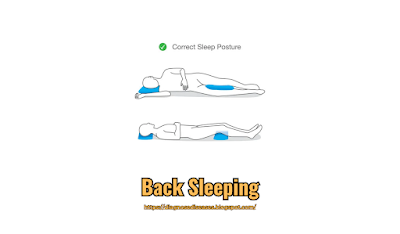Hair loss can be distressing, but understanding its causes and taking immediate action can help address the problem effectively. In this article, we'll explore common causes of hair fall and what you can do right away to mitigate its effects.
Causes of Hair Fall and Immediately Action to Take it!
1. Poor Nutrition:
A diet lacking in essential nutrients like vitamins, minerals, and proteins can contribute to hair loss. Immediate action: Improve your diet by including foods rich in iron, zinc, vitamin E, and protein, such as leafy greens, nuts, eggs, and fish.
2. Stress:
High-stress levels can disrupt the hair growth cycle and lead to increased shedding. Immediate action: Practice stress-relief techniques like deep breathing, meditation, or yoga to help reduce stress and promote hair health.
3. Hormonal Imbalance:
Fluctuations in hormone levels, such as those experienced during pregnancy, childbirth, or menopause, can cause hair loss. Immediate action: Consult a healthcare provider to address underlying hormonal imbalances and explore treatment options.
4. Scalp Conditions:
Conditions like dandruff, psoriasis, or fungal infections can affect the scalp's health and lead to hair loss. Immediate action: Use medicated shampoos or treatments recommended by a dermatologist to address scalp conditions and promote hair growth.
5. Overstyling:
Excessive heat styling, chemical treatments, and tight hairstyles can damage the hair shaft and contribute to breakage and hair loss. Immediate action: Limit the use of heat styling tools, avoid harsh chemical treatments, and opt for loose hairstyles to minimize damage.
6. Medical Conditions:
Underlying medical conditions like thyroid disorders, autoimmune diseases, or alopecia areata can cause hair loss. Immediate action: Consult a healthcare provider to diagnose and treat any underlying medical conditions contributing to hair fall.
7. Medications:
Certain medications, such as chemotherapy drugs, antidepressants, or blood thinners, can cause hair loss as a side effect. Immediate action: Discuss any concerns about medication-related hair loss with your healthcare provider and explore alternative treatment options if necessary.
8. Genetics:
Genetic factors play a significant role in hair loss, with male and female pattern baldness being common hereditary conditions. Immediate action: While you can't change your genetics, you can explore treatments like minoxidil or finasteride under the guidance of a healthcare provider to slow down hair loss and promote regrowth.
Conclusion
Hair loss can have various causes, but taking immediate action can help address the problem and promote hair health. By addressing underlying issues, improving lifestyle habits, and seeking appropriate treatment, you can minimize hair fall and maintain healthy, vibrant hair. If you're experiencing persistent or severe hair loss, consult a healthcare provider for personalized advice and treatment options.








































.png)

.png)
.png)
.png)
.png)
.png)
.png)
.png)

.png)
.png)
.png)
.png)
.png)
.png)
.png)


.png)